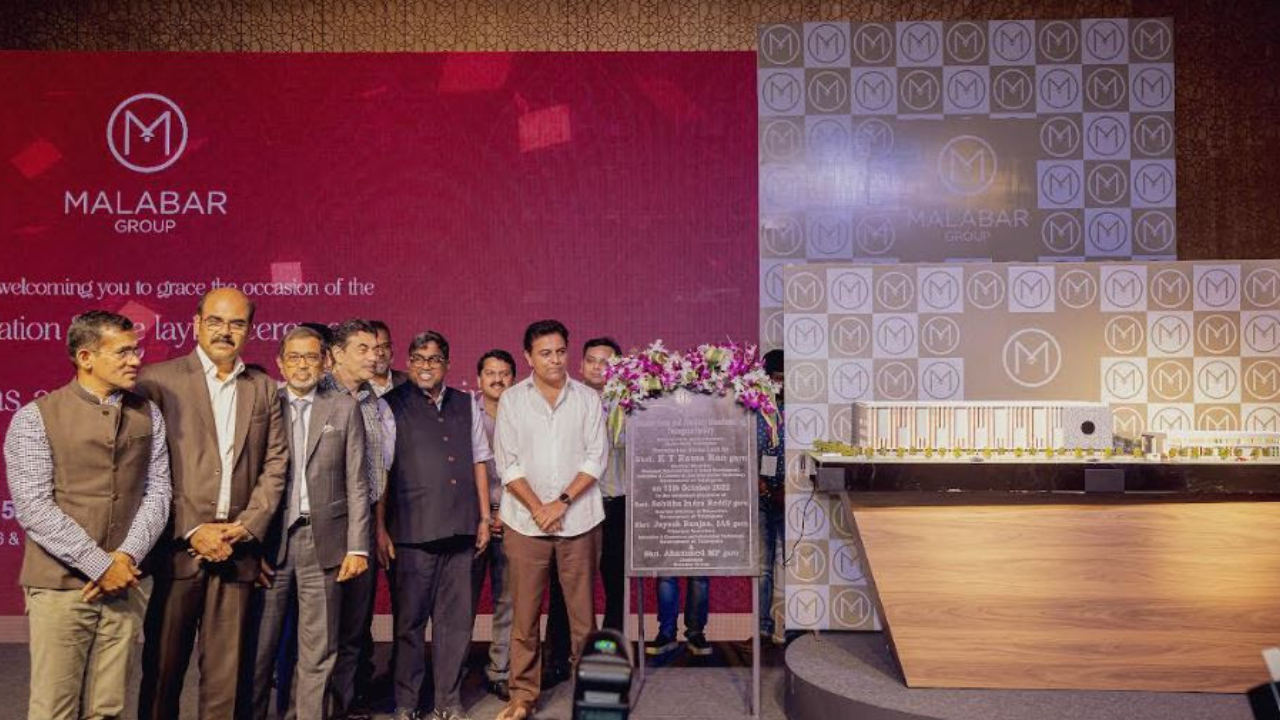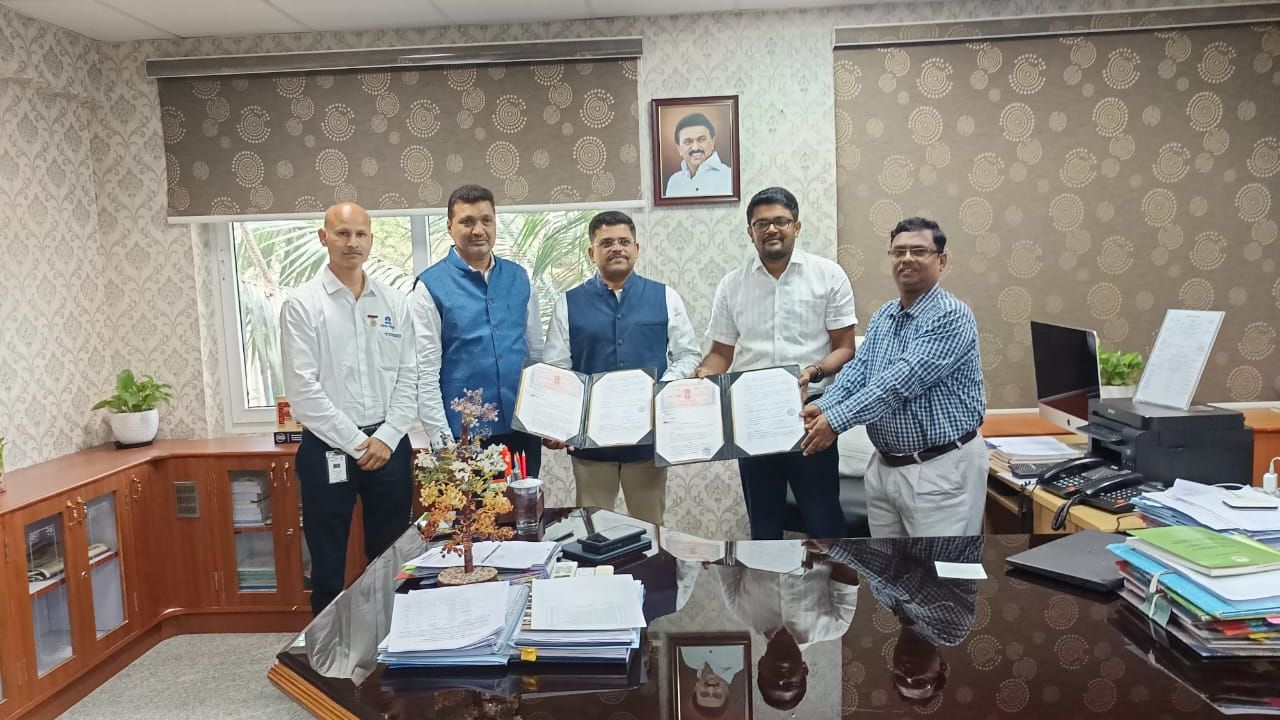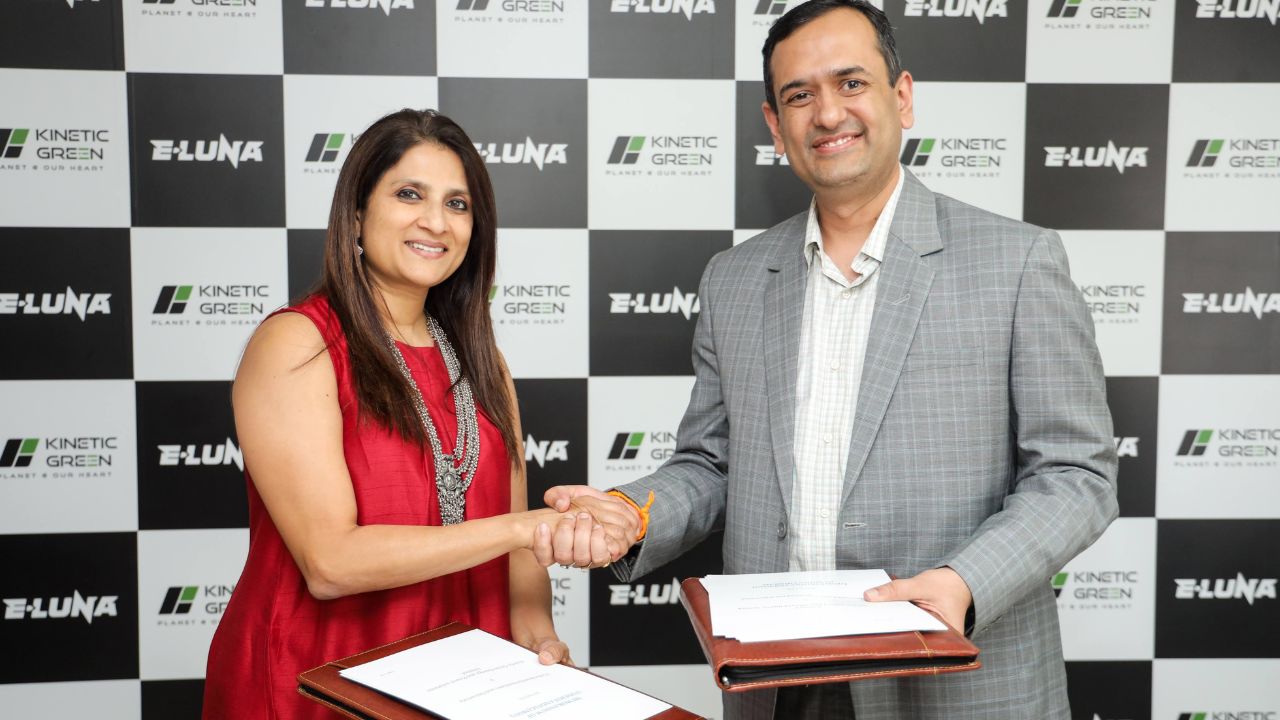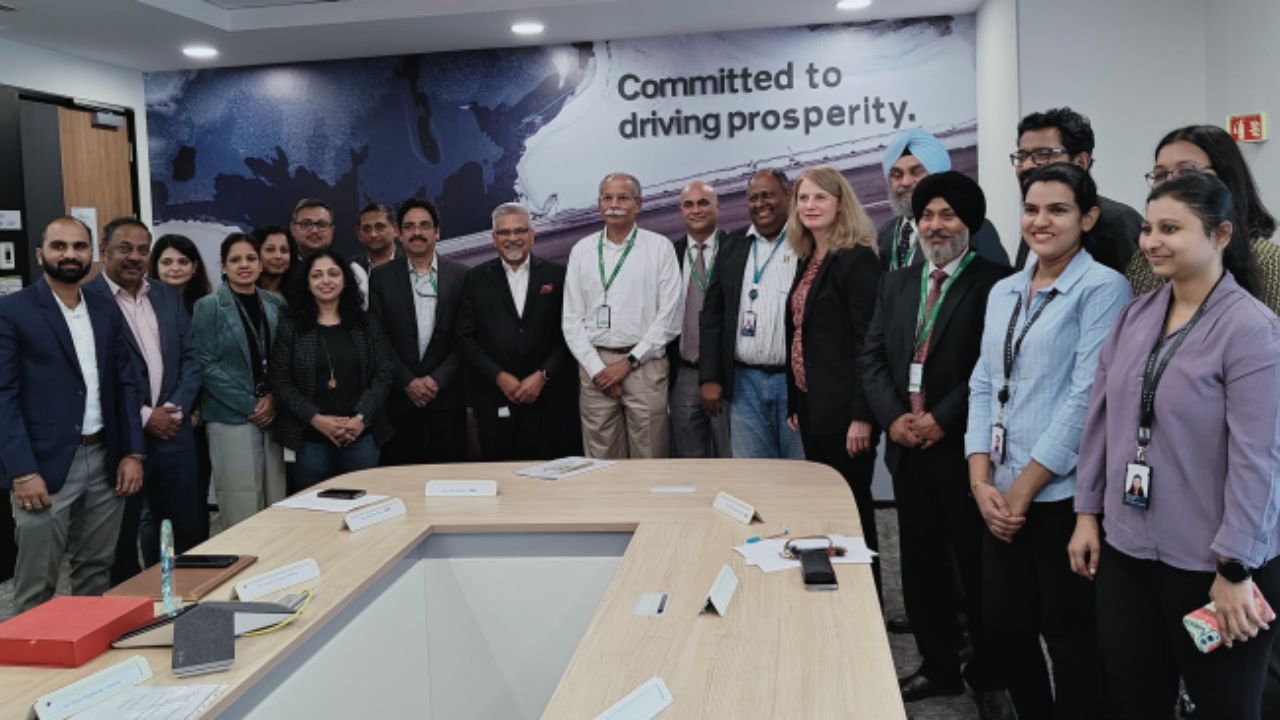Merino Industries and VNIT create an innovative and scalable solution for Stubble burning
#IndustryInstitute #Merino #VNIT #CollaborationThe Paris Agreement is a representation of India’s commitment towards reducing carbon footprint. Every aspect of the country is playing their role in creating a better environment for the generation. Mr. Prakash Lohia, Managing Director, Merino Industries Ltd and Dr. Sachin A. Mandavgane, Associate Professor, Visvesvaraya National Institute of Technology (VNIT), jointly share with Pro MFG Media, their journey to develop the innovative solution for decomposing paddy straws and stubble.
Q: Firstly, congratulations on creating an example to build a business with the principles of circular economy. Could you please share with us the insights on how to scale and develop profitable business?
Mr. Lohia: India is one of the countries with rich and abundant resources but it does not mean the resources should be wasted. A circular economy emphasizes eliminating the concept of waste and utilizing every raw product available. The wasteful economy has created immense confusion in the industry as well as in society. The lack of knowledge about every ingredient or the raw material is one of the biggest challenges in developing the circular economy. Unawareness about the products or the process to utilize every segment of the product leads to waste, eventually developing a wasteful economy. To develop the circular economy, it is essential to understand the analytical aspect, scientific properties of the product, and the technology which will help to convert the segments of the product into useful byproducts.
Q: Dr. Sachin as you have developed a patent solution to reduce the stubble burning issue, we request you to share the insights on this innovative solution that has sustainability at its core?
Dr Sachin: For the last couple of years, the issue of stubble burning across North India has garnered immense criticism. The rice stubble is a notorious biomass as it does not decompose easily, eventually leading the farmers to burn the paddy straws and stubbles. The farmers cannot hold onto the piles of crop residue as they need to prepare the land for the next crop cycle. We have developed a decomposer that will decompose the trickiest material like paddy straws and convert it into compost. Material such as paddy straws or rice stubble consists of a greater proportion of carbon to nitrogen than usual that makes it difficult for the crop residue to decompose.
Q: Could you throw some light on the benefits and challenges revolving around Industry Academia collaborations?
Mr. Lohia: The industry and academia must collaborate to develop solutions for the critical issues as industries require an understanding of materials utilized in developing the products. Since academia leans towards science, they are focused more on finding potential use of the material, which compels them to experiment at the labs. On the other hand, the industries develop the application and take it from the pilot stage to the execution stage. Often the multinational companies have the R&D setups that help them in developing innovative solutions. Therefore, the small-scale or medium-scale organizations must collaborate with academia as it has a perfect atmosphere with multidisciplinary experts to carve innovative solutions. Currently, the lack of collaboration between industry and academia is one of the biggest challenges in solving critical issues.
Q: May we request you to address the ways which will enable the research to convert into the business?
Dr. Sachin: Our Chemical Engineering background served as a solid foundation for our similar thinking process. Since we sail together in our beliefs, it becomes easier for us to share ideas and carve out solutions. The stark difference of thinking between Academia and Industry creates a no man's land, which is not beneficial to either of them.
We would expect that with some wishful thinking, the proper amalgamation of two aspects - generation of knowledge and bridging the gap between need and economy will bring in more innovative solutions in the future. VNIT and Merino excellence center has successfully achieved a balanced environment for collaboration.
I conduct Ph.D. programs and focus highly on gaining knowledge-based backing. As a part of the Ph.D. programs, I urge students to initiate startups, which will help them gain practical knowledge of the market. One should not participate in Ph.D. programs only to obtain a certificate or publication but should be keen on learning various perspectives.
Although academia is equipped with state of art labs, analytical instruments, associates, and collaborations, the lack of lab plus creates hurdles in developing the solution. The lack of a suitable environment to test the solutions is often another challenge faced by academia. The Merino excellence center and VNIT worked strategically and collaboratively to achieve the desired goal. The process involved completing 30% concept building and instrumental studies while simultaneously commencing the work on lab plus at the Merino campus. It is due to sheer dedication and collaborative efforts, we could successfully build the decomposer.
NEWSLETTER
TRENDING ON PRO MFG
MORE FROM THE SECTION









